Cholesterol Regulation of Ion Channels and Receptors
Examines new research on the role of cholesterol in regulating ion channels and receptors and its effect on health Drawing together and analyzing all the latest research findings, this book explores the role of cholesterol in the regulation of ion channels and receptors, including its pathological effects. It is the first book to comprehensively describe the complex mechanisms by which cholesterol regulates two major classes of membrane proteins. Moreover, it sheds new light on how cholesterol affects essential cellular functions such as the contraction of the heart, propagation of nerve impulses, and regulation of blood pressure and kidney function. Written and edited by leading pioneers in the field, Cholesterol Regulation of Ion Channels and Receptors is divided into three parts: Part I, Cholesterol Regulation of Membrane Properties, introduces the heterogeneity of cholesterol distribution in biological membranes and the physical and biological implications of the formation of cholesterol-rich membrane domains. Part II, Cholesterol Regulation of Ion Channels, examines the mechanisms underlying cholesterol sensitivities of ion channels, including the regulation of ion channels by cholesterol as a boundary lipid. Part III, Cholesterol Regulation of Receptors, explores the latest discoveries concerning how cholesterol regulates distinct types of receptors, including G-protein coupled receptors, LDL and scavenger receptors, and innate immune system receptors. Increased levels of cholesterol represent a major health risk. Understanding cholesterol regulation of ion channels and receptors is essential for facilitating the development of new therapeutic strategies to alleviate the impact of pathological cholesterol conditions. With this book as their guide, readers have access to the most current knowledge in the field.
{{comment.content}}
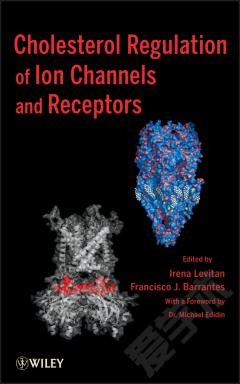
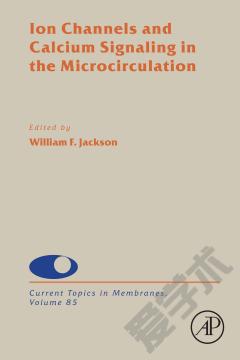
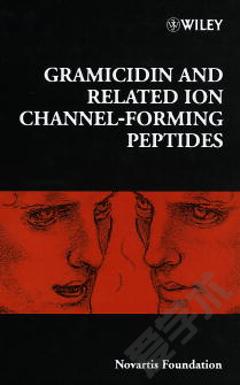
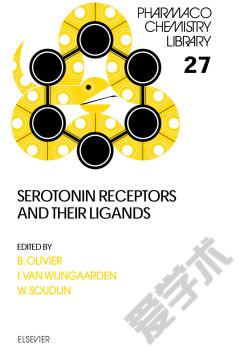

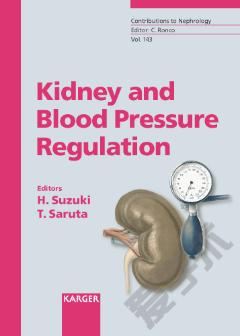


 京公网安备 11010802027623号
京公网安备 11010802027623号